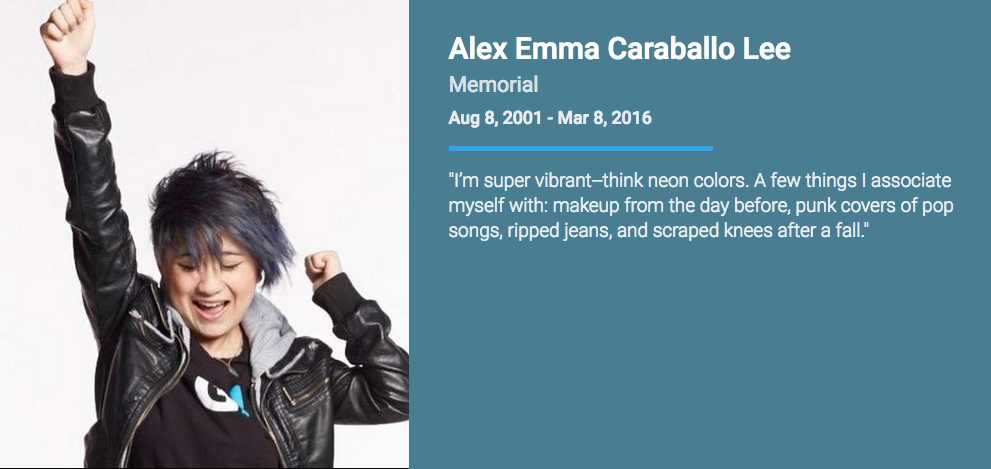A loved one’s death often leaves family and friends wondering how to survive their grief and find joy again in a world transformed by loss. But perhaps no grief is more complicated than that prompted by suicide. When a death has been self-inflicted, the survivors struggle with a complex mix of emotions. As with all loss, there is love and grief, the pain of separation, but often there is also confusion, shame, an angry search for explanations, guilt and perpetual soul-searching about what more could have been done to help.
According to the American Foundation for Suicide Prevention, suicide is the 10th leading cause of death in America. In 2015, the most recent year for which there are final statistics, at least 44,193 people died by their own hands. Experts estimate that for each of those deaths at least 6 more people have their lives disrupted by the experience in major ways. And our culture offers limited ways to support or acknowledge the survivors of suicide.
Many people close to a suicide are reluctant to share the fact with others – both out of a sense of protectiveness toward the dead and a desire for their own privacy. In this, as in coping with any kind of grief, your own feelings are your best guide. But one good reason to be honest about the way your loved one died is to enable friends and family to offer appropriate support. Another is growing expert consensus that one step toward suicide prevention is a more open, public conversation about the subject.
Every human life is unique and valuable. No one deserves to be remembered simply for a single decision, however flawed. No matter how challenging your loved one’s life may have been, it also held moments of joy, friendship, achievement and happiness that deserve to be remembered. So they should be remembered for the whole life they lived, in all its richness. Like this courageous and beautiful memorial Alex Emma Caraballo’s mother, Deanna, created after her child’s death.
In honor of Mental Health Awareness Month, Alex’s mother, friends and family created a vibrant portrait of the person they still miss, and a strong call for greater awareness and conversation about the often forbidden topics of mental illness and suicide. As Deanna Lee wrote:
“My child, Alex, was the most amazingly vibrant, feeling, loving, creative force you could imagine. Alex was full of life. Alex committed suicide last year, at the age of 14.
I am shouting out my pride to drown out the idea that mental illness is something to be ashamed of….The stigma around mental illness defines and permeates the grief of a suicide survivor. It is a special sort of stigma, trapping the survivor in a howling vortex of self-condemnation and guilt.”
The unique pain of this kind of loss is made worse by the silence and shame that so often accompanies it. Memorializing your loved one can help you and other friends and family process this loss. Honoring the whole person you have lost, including his or her struggles, can help family & friends both express their shock and sadness, and assist in the movement toward compassion & forgiveness.
Your honest expression of the pain, anger and guilt a suicide leaves behind won’t bring your loved one back, but it could cause other despairing people at risk to think harder about the impact of suicide in the lives left behind – and help others facing the same kind of loss know they are not alone.



